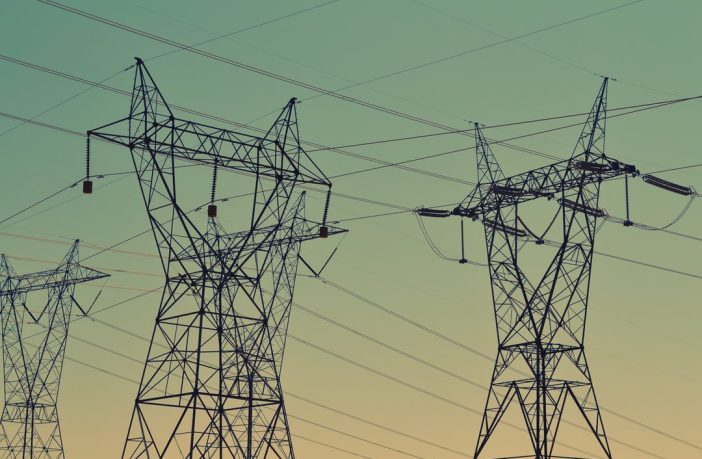- Fluvius said it has started paying compensation for the curtailment of energy from residential PV systems.
Fluvius, Belgium’s electricity grid operator, says it will compensate residential PV systems at €10.60 ($11.49) per kVa if they are not reconnected within 30 working days after a curtailment event.
The company said it received 5,042 complaints from residential PV array owners last year, as their inverters were not immediately reconnected after curtailment incidents.















